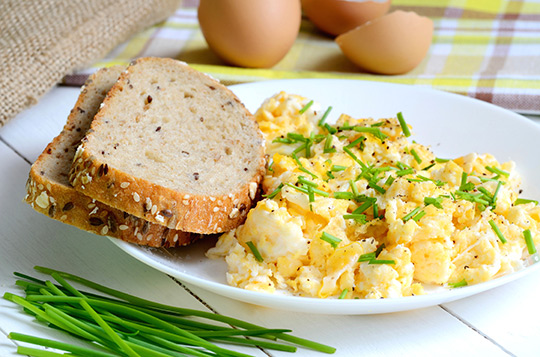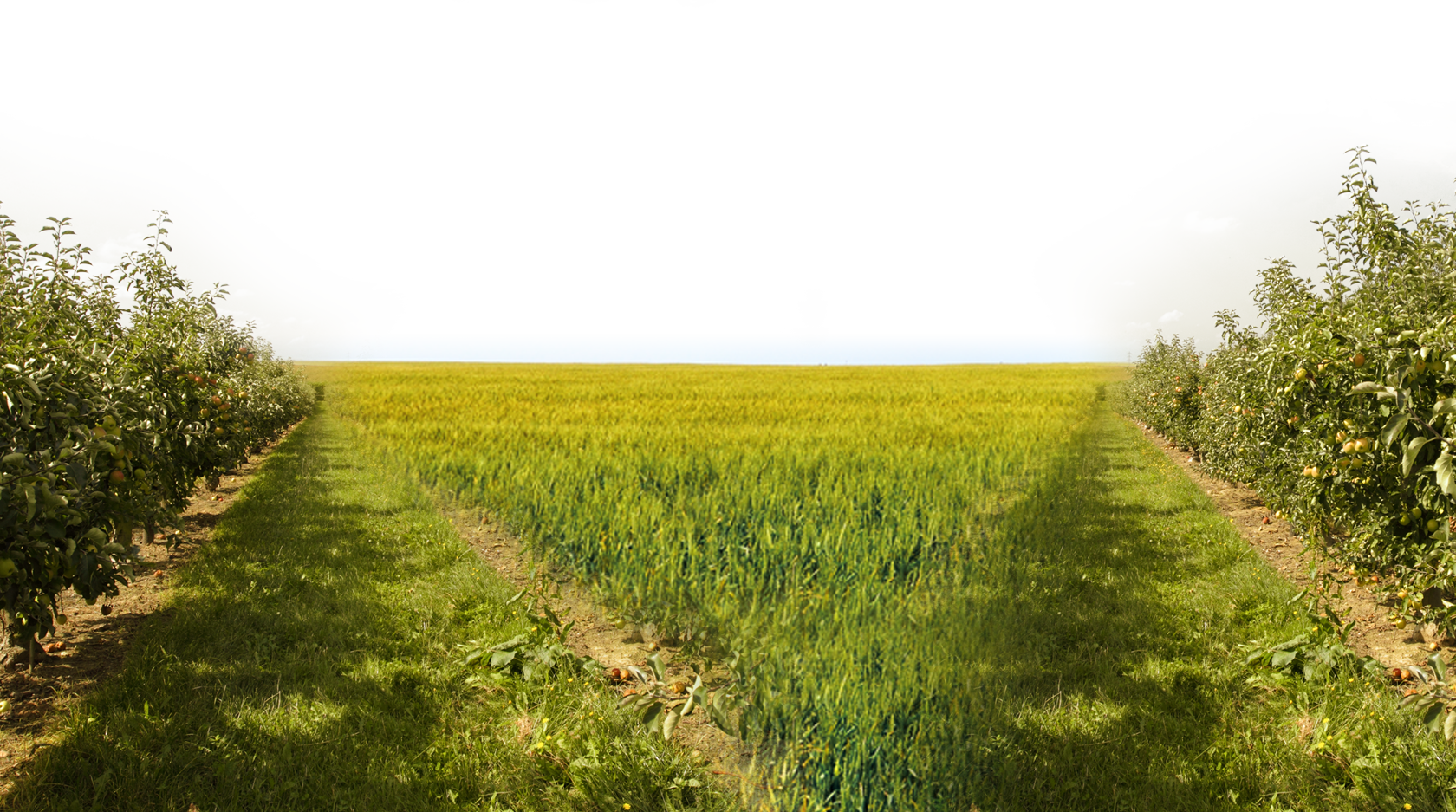
Surprising Nutritional Benefits of Chives
By Linda Bonvie | 0 Comments | Posted 05/12/2016
Chives fully qualify as one of the earliest garden harbingers of spring, often beating early-rising tulips to the surface. But chives don’t offer just a gush of grassy green to herb boxes and gardens. They also serve as wonderfully diversified herb, highly appreciated by chefs and naturopaths.
On a gastronomical level, chives work well with others, giving countless recipes a mild oniony flavor without dominating the dish. They are a far less overpowering presence than other members of the onion tribe, like garlic, shallot and leeks.
Some of the tried-and-true match-ups for both fresh and dried chives are homemade breads, scrambled eggs, mashed potatoes, quesadillas, vinaigrettes, steeped oils (especially olive oil), flavored rice and soups, particularly creamy soups.
Chives also act as a colorful sprinkled topping for salads, fish and even pizza.
There are some tricks to ‘chiving up’ your culinary offerings.
When using fresh chives, always slice them very thin. It’s the cut/bruised part of the plant that releases the subtle flavor; fine cutting will assure a proper flavor presence. Longer pieces of chive not only add very little flavor, but are pithy and can become chewy.
When steeping oils and vinegars with chives, small pieces (or dried ones) can be accompanied by some larger pieces that are lightly spoon-crushed to bruise the skin.
Chives used in cooking should always be held in abeyance until the last minute, especially in soups. Not only does this prevent the flavor from being cooked away but it offers a flash of presentation color and a discernable burst of fresh flavor. Even dried chives should be last-minute add-ins.
According to Medical News Today, chives are a nutrient-dense food, meaning that while they are low in calories they are high in beneficial nutrients like vitamins, minerals and antioxidants. One tablespoon of chopped chives contains 1 calorie and 0 grams of fat, 0 grams protein and 0 grams of carbohydrate while providing 3 percent of the daily value of both vitamins A and C. One serving of chives also contains small amounts of vitamin K, folate, choline, calcium, magnesium, phosphorus and potassium.
However, chives and other members of the onion (allium) group are now being studied for what could be some astounding naturopathic qualities, including the prevention of some cancers.
In an article entitled “Anticancer Compounds Found in Food” (published at nutrition411.com), Jason Machowsky notes that allium vegetables have been studied extensively in relation to cancer, especially stomach and colorectal cancers. Their beneficial and preventative effects are likely due in part to their rich organosulfur compounds. Although the exact mechanism by which these compounds inhibit cancer is unknown, possible hypothesis include the inhibition of tumor growth and mutagenesis and prevention of free radical formation.
So you can think of chives as a lot more than just a garnish for your baked potato or soup.


 Contact us
Contact us



























